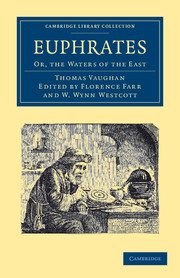‘It is strange that of the many writers who, in their novels, have wished to paint their century, so few have stepped beyond the circle of libertinage.’ Jean-François Marmontel's observation in his Essai sur les romans (1787) points to the paradox of eighteenth-century French libertine writing. A defining feature of the period, libertinage is essentially exclusive and oppositional in nature. On the one hand, it is a common subject of novels, plays, memoirs, dialogues, poetry, and songs. On the other, it is characterised by an aspiration to singularity, opposing as it does religious, moral, and political orthodoxy. Concerning above all the theorisation, practice, and expression of sexual pleasure (not love), libertinage is an affront to conventional behaviour. The apparent permanence of libertinage in eighteenth-century French letters might imply that this is a movement whose definition remains fixed from the regency until the Revolution. Yet, as this chapter will attempt to show, libertinage is a fluid concept, encompassing literature, philosophy, and politics. Elite and vulgar, disruptive and restrictive, erotic and cerebral, spontaneous and rehearsed, libertinage is a protean and contradictory practice.
The term libertin derives from the Latin libertinus meaning freedman, and its usage in early modern France suggests both emancipation and degradation. It was first employed in French by Calvin in 1544 to condemn dissident Anabaptist sects in the Low Countries primarily for their religious heresy, and for their apparent moral depravation.
